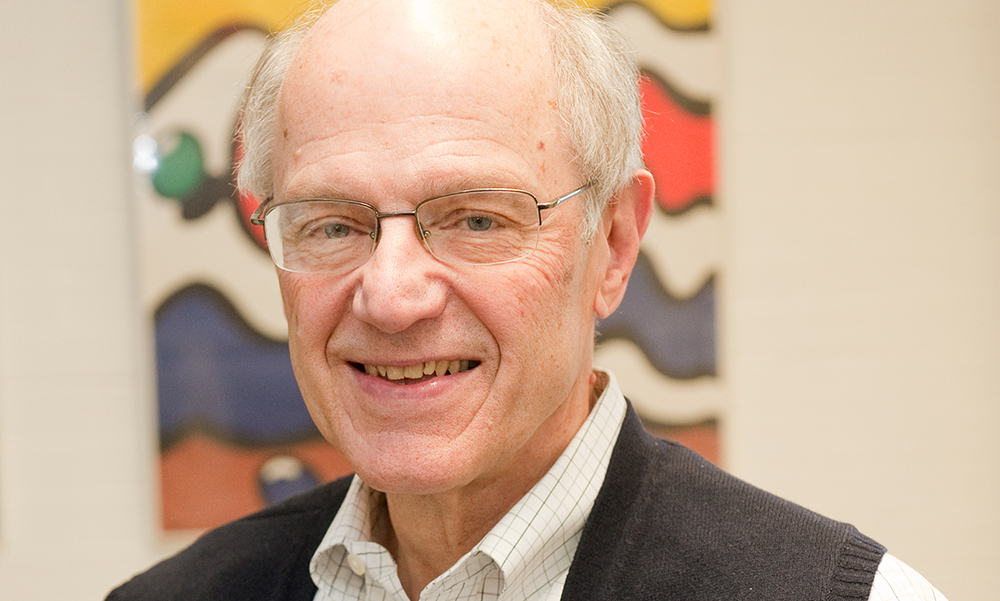
Pioneering physicist and optical scientist Joseph Eberly remembered
His serendipitous original foray into optics research would help advance the fields of quantum optics and optical physics.
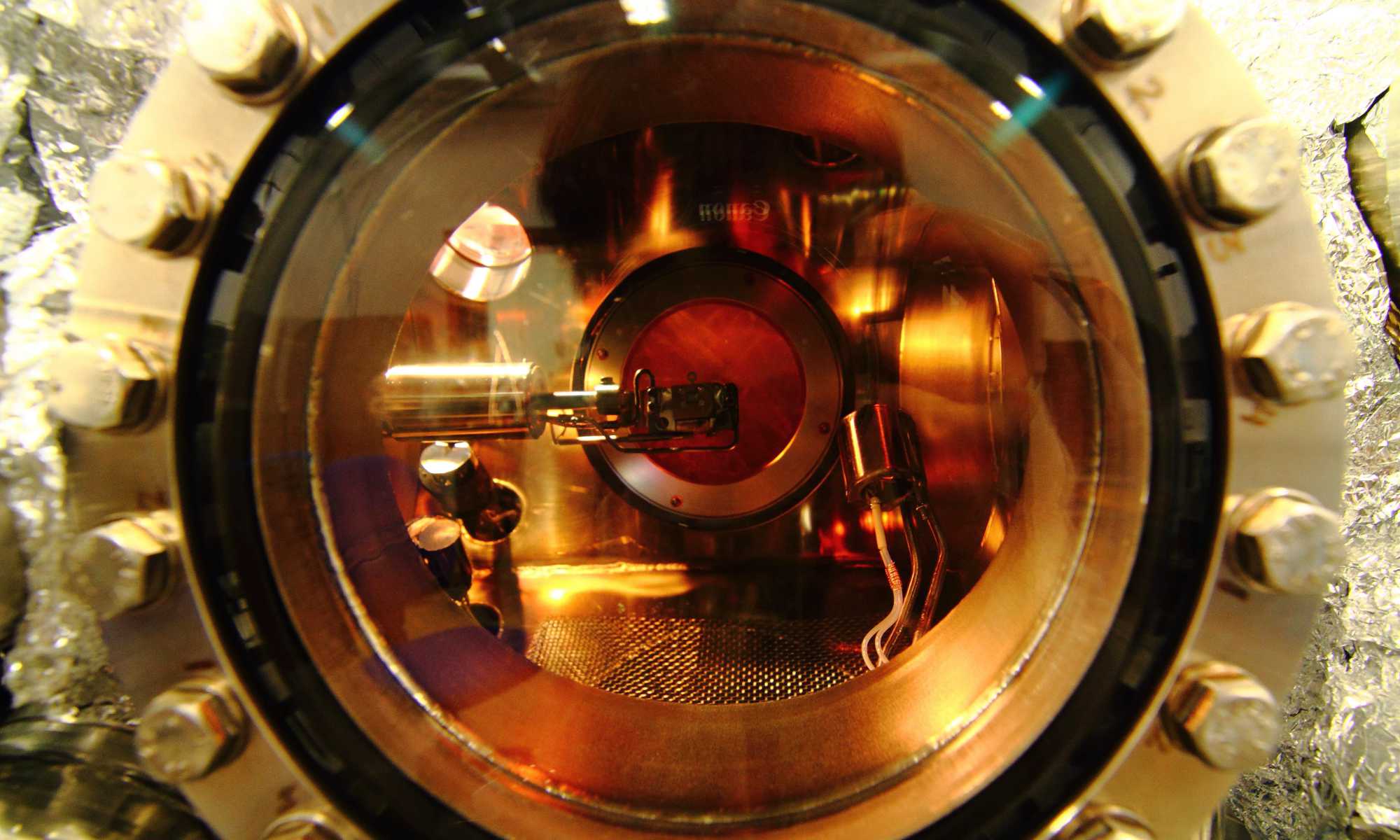
New molecule could pave the way for more efficient computers
A team of scientists has developed the “world’s most electrically conductive organic molecule.”
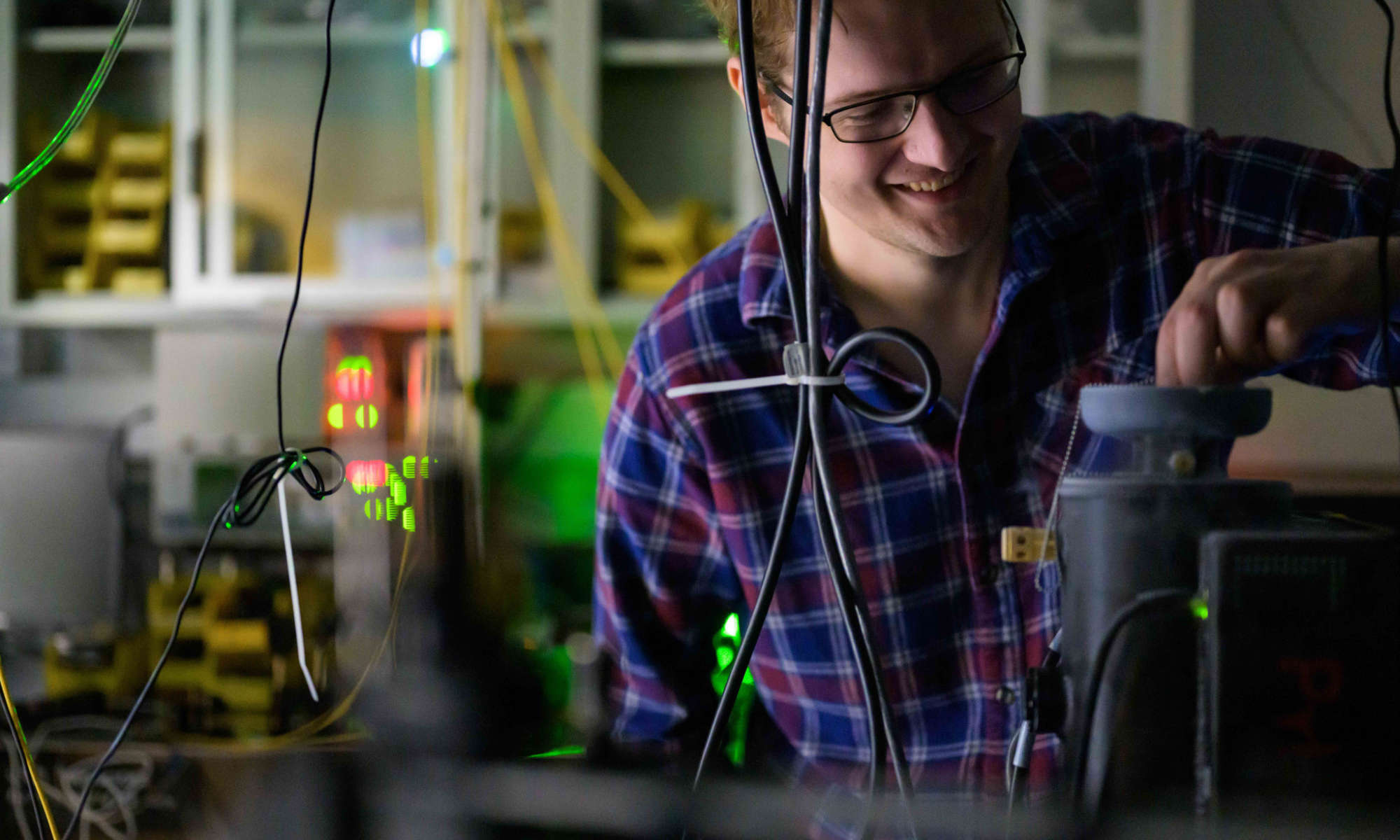
Twisting atomically thin materials could advance quantum computers
Placing two layers of special 2D materials together and turning them at large angles creates artificial atoms with intriguing optical properties.
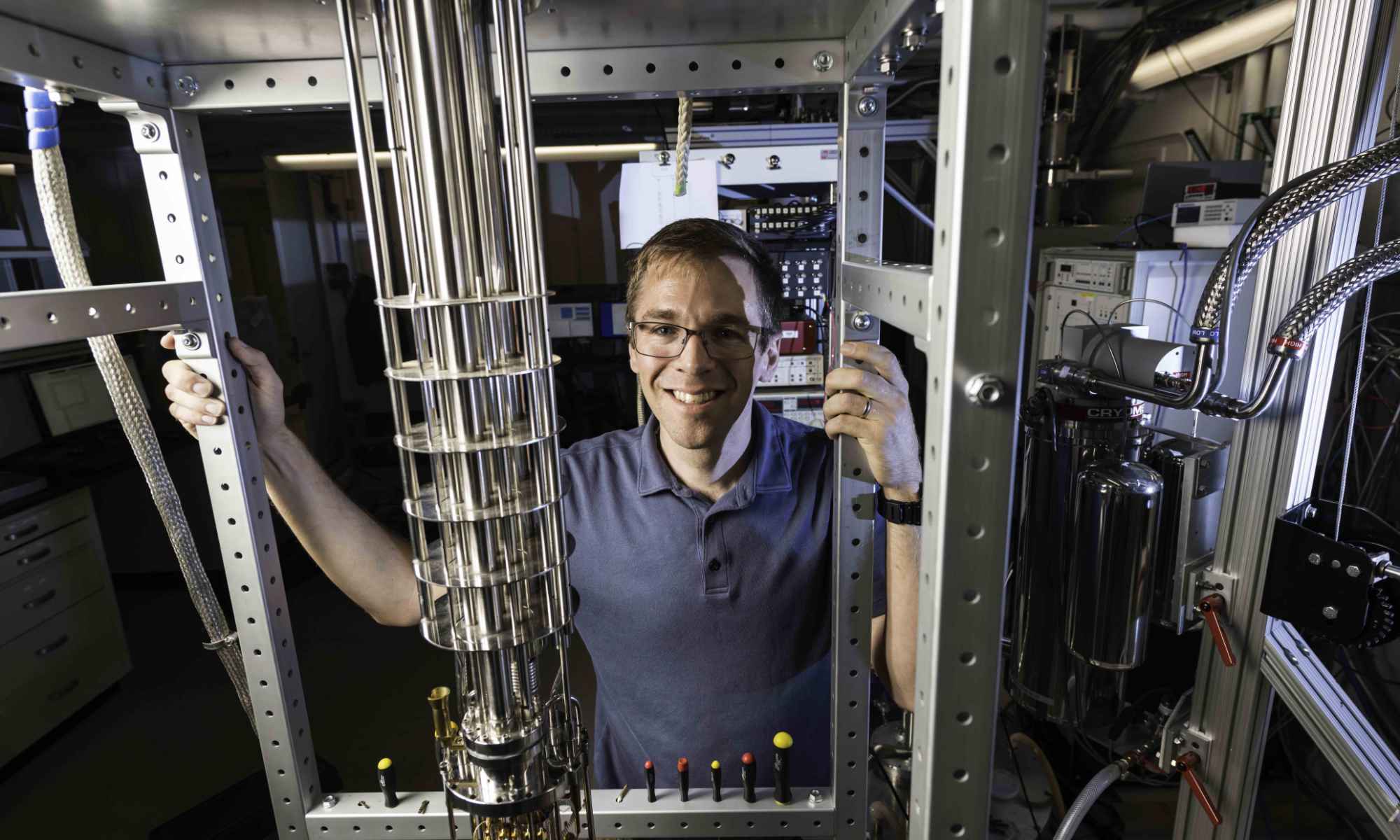
Scientists directly prove the existence of a nuclear-spin dark state
Confirmation of this elusive state in quantum systems could lead to more efficient quantum devices.

Three Rochester faculty members receive nation’s highest honor for early-career investigators
Ehsan Hoque, William Renninger, and Petros Tzeferacos have been named Presidential Early Career Award for Scientists and Engineers (PECASE) recipients.
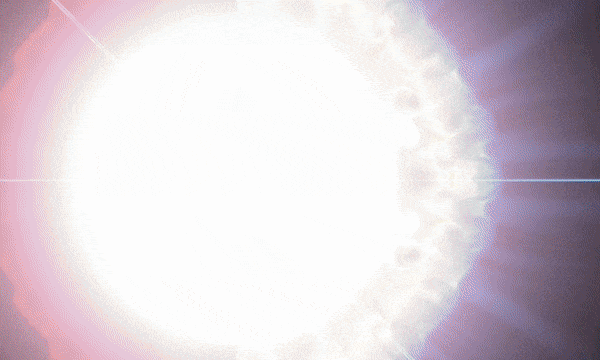
How artificial intelligence is powering the fusion revolution
At the Laboratory for Laser Energetics, University of Rochester scientists harness AI to bring fusion research into sharper focus.
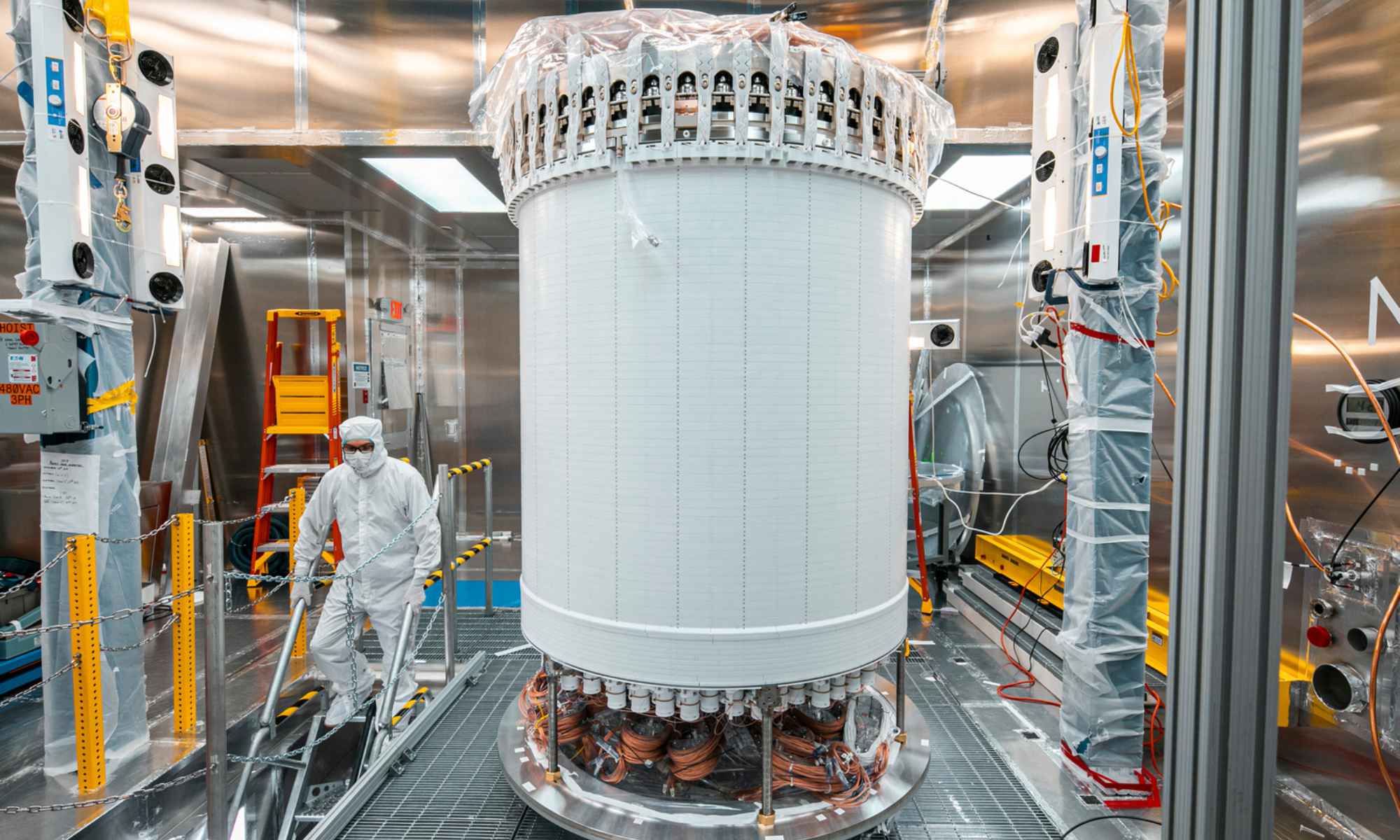
New record set in the search for dark matter—with a major assist from Rochester scientists
Researchers collaborating on the world’s most sensitive dark matter detector credit Rochester’s contributions in detecting weakly interacting massive particles.
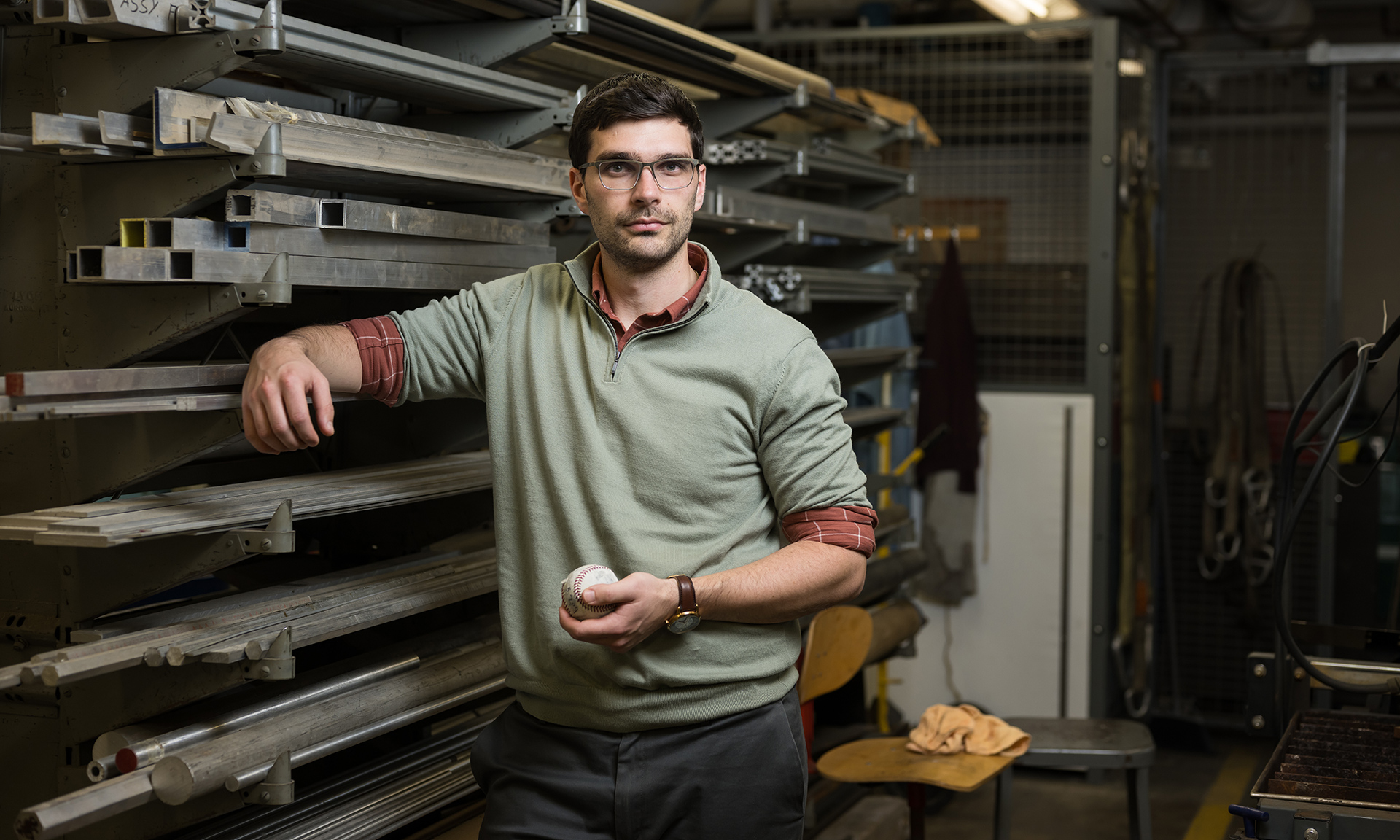
Beyond Moneyball: Alumnus supports the Houston Astros using physics and engineering
JJ Ruby ’21 (PhD) is helping the Major League Baseball team gain an edge through experimental physics and computational statistics.
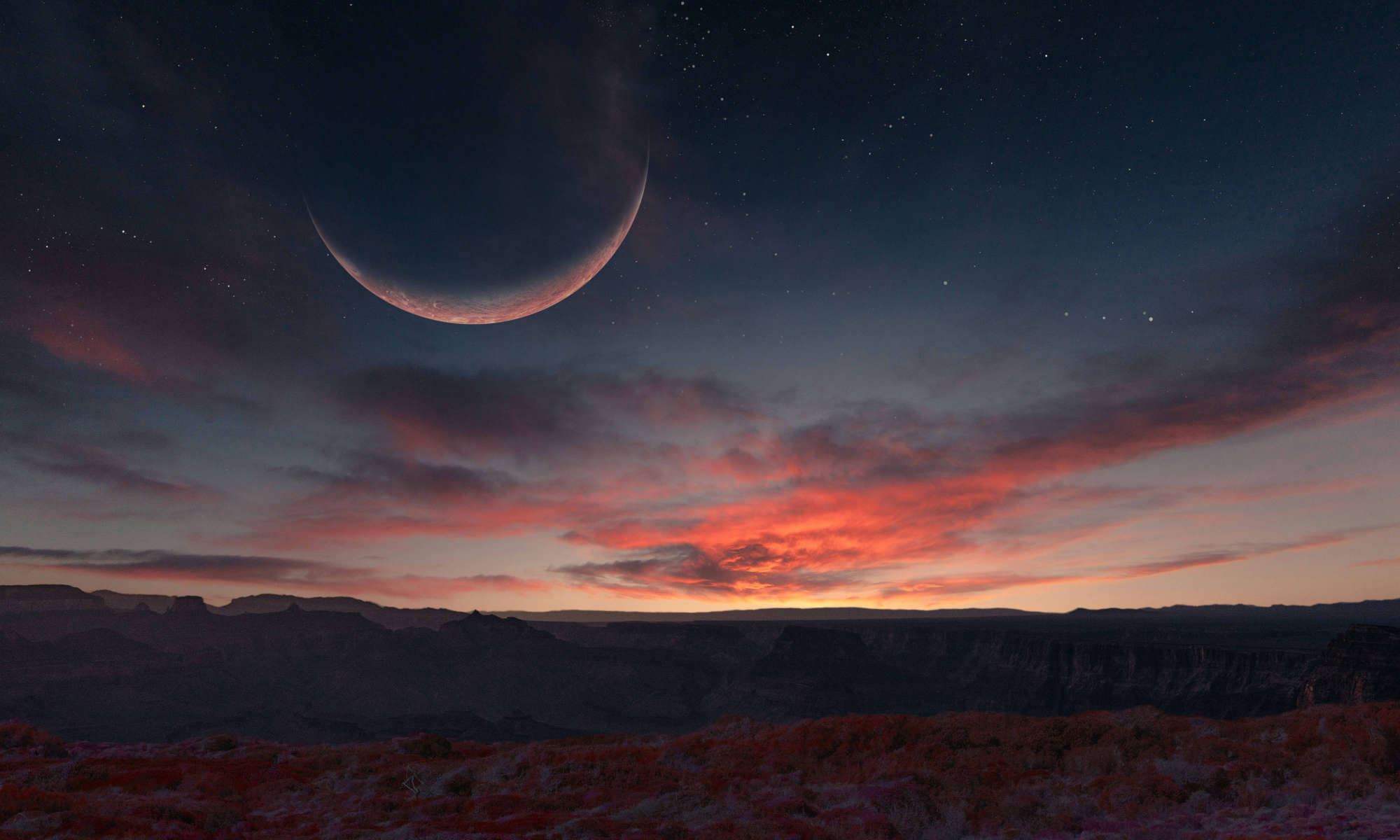
In the hunt for a second Earth, look to small planets
The recommendation is based on new research from Rochester scientists about the role of streaming instability in forming moons and planets.
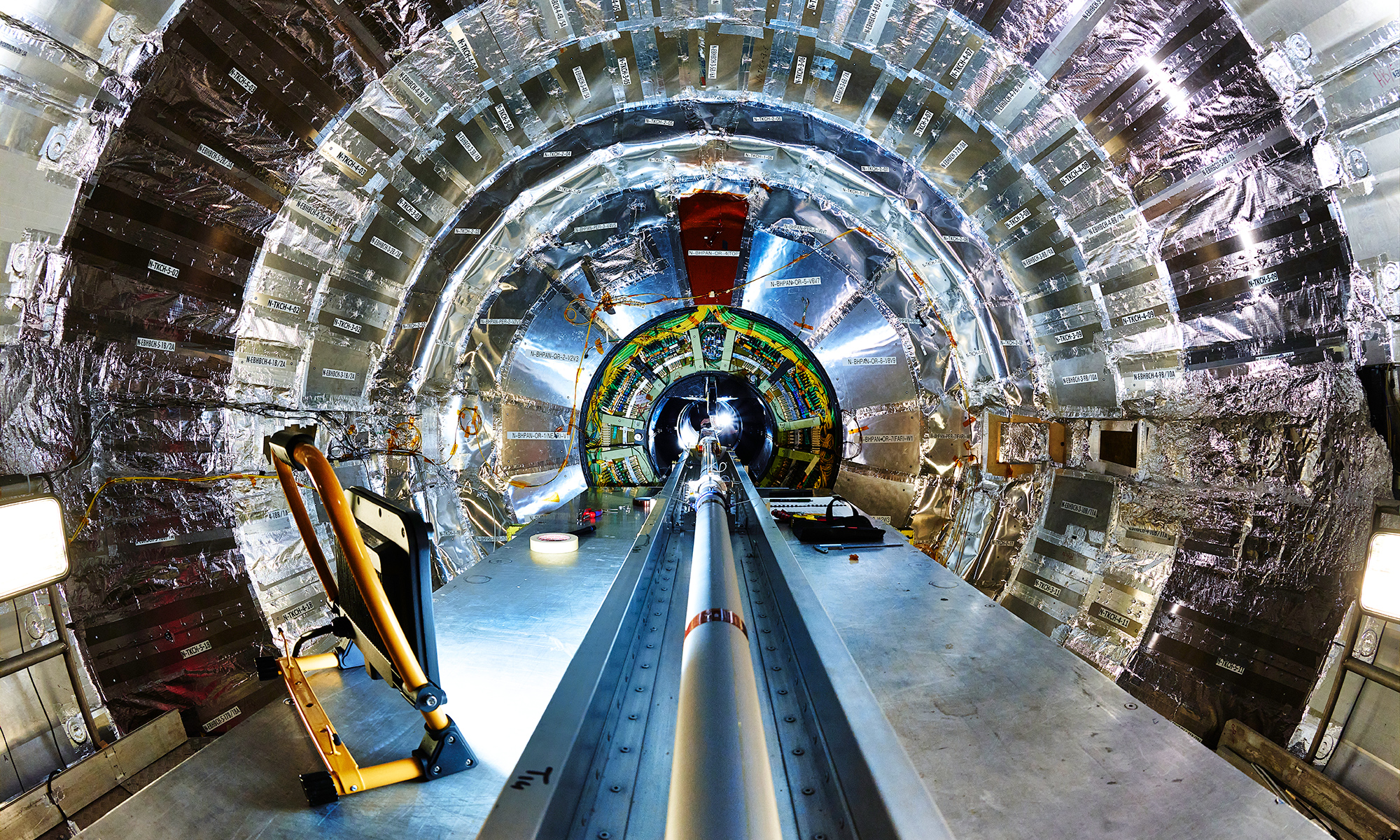
Rochester physicists find ‘spooky action at a distance’ at CERN
The researchers have confirmed that quantum entanglement persists between top quarks, the heaviest known fundamental particles.
